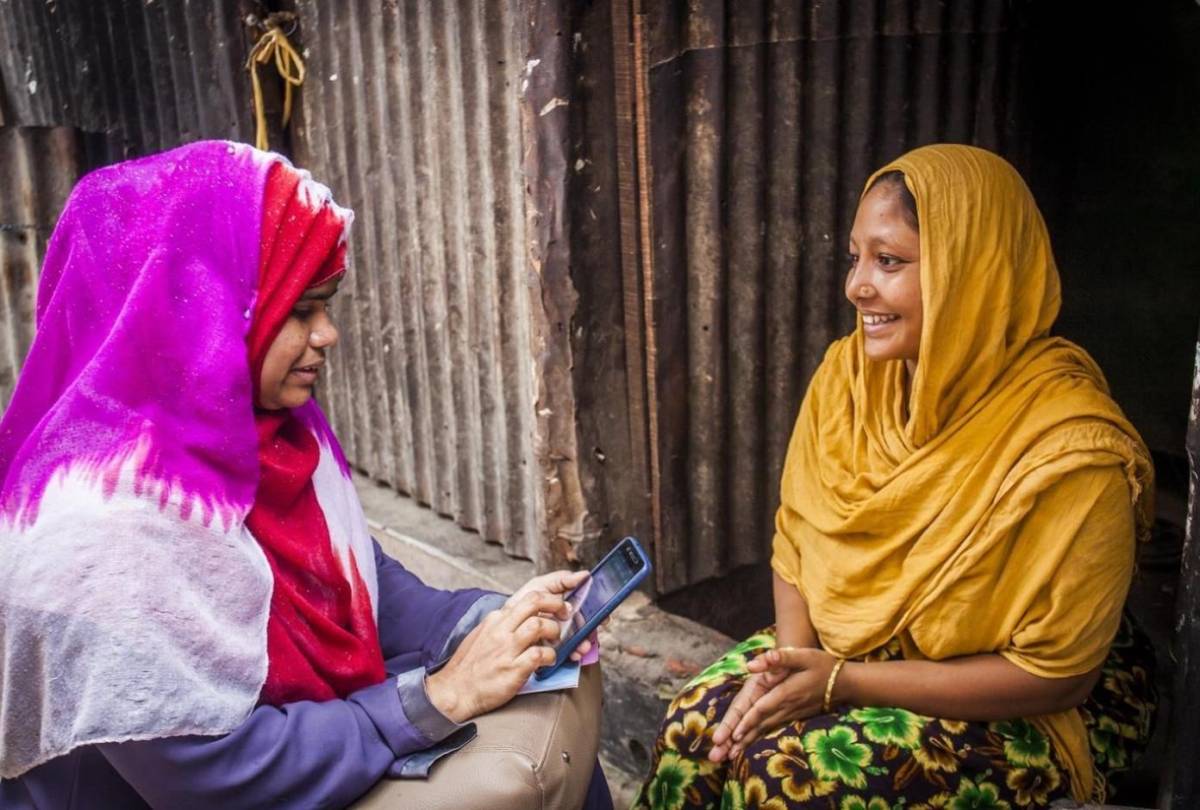Explainer: Pakistan's digital landscape potentials
Maintaining the safe and responsible deployment of DPI requires political commitment, robust legal frameworks, and ethical principles.

Islamabad: The Pakistan government's Digital Public Infrastructure (DPI) initiative is making a difference for people who have never had the luxury of operating a bank account. Now through a mobile cash transfer program powered by DPI, people in rural areas can streamline their money matters digitally.
According to a report by Dawn, the economic potential of digital technologies in Pakistan stands at an annual estimated value of $60 billion that can be realized by 2030.
Pakistan's digital journey began with the concept of citizen registration enshrined in its constitution. This was followed by the National Database and Registration Authority (NADRA) Ordinance 2000 and subsequent legal advancements.
What is DPI?
Just like a well-maintained road network connects people and places, enabling the flow of goods and commerce, a robust Digital Public Infrastructure (DPI) acts as the digital backbone of a nation. This interconnected system empowers governments to securely and efficiently deliver economic opportunities and social services to all citizens.
Benefits include
Financial inclusion: DPI facilitates easier and faster access to financial services like opening bank accounts and receiving wages electronically. This empowers individuals and fosters a more inclusive financial system.
Enhanced government support: By leveraging DPI, governments can deliver aid and support to citizens more efficiently, particularly during emergencies. This can improve response times and ensure critical resources reach those in need.
Expanded market reach: DPI empowers entrepreneurs to connect with a wider customer base, transcending geographical limitations. This fosters business growth and innovation within the digital economy.
NADRA
Pakistan's digital transformation hinges on NADRA, established to revamp the country's identification system. This resulted in the issuance of the Computerized National Identity Card (CNIC), now a vital part of everyday life. With a CNIC, citizens can access essential services like opening bank accounts, purchasing airline tickets, and applying for social programs.
Notably, CNIC issuance rose significantly following the launch of the Benazir Income Support Programme (BISP), a social safety net program.
Transforming lives
Several digital initiatives are propelling Pakistan's DPI ecosystem forward. These include:
-
Contactless Biometric Verification App
-
Nishan Pakistan
-
Pakistan Digital Census
-
The Asaan Mobile Account (AMA) scheme exemplifies the impact of DPI on financial inclusion. Launched in December 2021, AMA has already facilitated the creation of over 10 million mobile accounts, with 40% owned by women.
DPI in action
Pakistan's DPI framework proved its worth during the COVID-19 pandemic. The government efficiently distributed cash transfers to 12 million vulnerable households using NADRA's digital ID infrastructure. This targeted response aligns with the Better Than Cash Alliance's recommendations for promoting financial equality through digital access.
Safeguarding data and privacy
Ensuring the safe and responsible use of DPI is paramount. Initiatives like the Universal Safeguards for DPI and the UN Principles for Responsible Digital Payments provide valuable frameworks. In Pakistan, NADRA adheres to strict parliamentary processes for data sharing, ensuring accountability and responsible data practices.
The future of Pakistan's digital economy
The potential benefits of DPI are significant. Estimates suggest widespread adoption of digital payments could boost Pakistan's GDP by up to 7%. Pakistan is poised to launch several ambitious DPI initiatives, including:
-
Expanding the RAAST payment system
-
Implementing a nationwide digital health record system
-
Launching a blockchain-based land registry
According to the Bill & Melinda Gates Foundation, DPI can be a game changer for any country, but especially low- and middle-income countries, where it can help accelerate economic growth by an estimated 20% to 33%.
Like many developing countries Pakistan stands at the brink of a digital transformation that has the potential to reshape the lives of its people.
Data source: World Economic Forum